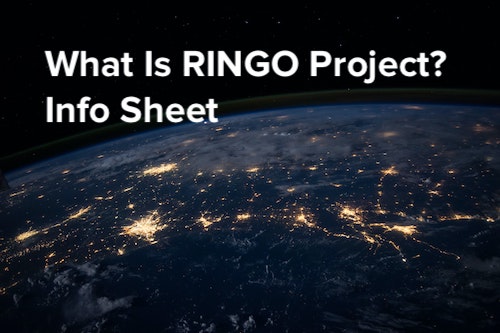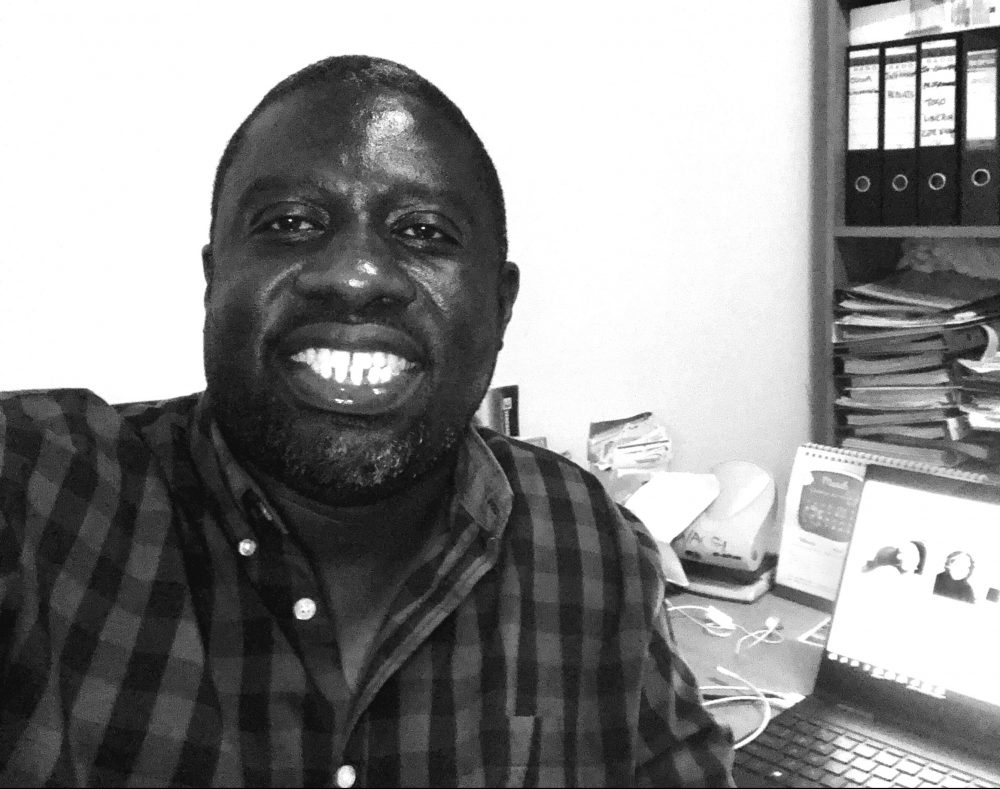Why Are We Where We Are?
Perhaps the alarm bells should have started ringing in the 1990s. At that time, there was a “great expansion” of International NGOs (INGOs). Save the Children International’s income, for example, was about $350 million in 1995. Today it’s over $2 billion. But, the shine was already starting to wear off, even when the INGO model was on the ascent. In the aftermath of the 1994 Rwanda genocide, for example, INGOs were considered to have failed in their ability to safeguard vulnerable populations.
By the mid-2000s, in spite of the much-hailed “Make Poverty History” movement that secured international debt relief from the G7, a growing frustration also began to emerge. Far from the ambitious claims of many in the sector, poverty itself was far from being “cured.” Conflict was on the rise, and other areas — from environment to human rights — were suffering, despite significant investments from the global North. Clearly, our model of development was not working, and the role of the INGO was coming into question more and more.
Fast forward to 2020. There is now a growing movement that sees INGOs as no longer fit for purpose. Their ambition to tackle the biggest challenges we face — climate change, populism, a backlash against human rights — and the urgency they present, are not matched with the drive and institutional agility to meet them.
Newer social movements are more nimble and tech savvy. Arguably they also have more significant wins under their belts. The recent Black Lives Matter movement or the Me Too movement may have done more to disrupt the status quo around equal rights and power than the dominant INGOs in international development or human rights. And Extinction Rebellion has awoken people’s concerns about climate change in a way that no other group has managed to do before.
INGOs remain an important force; however, they are largely unchanged and unreconstructed. And so, these institutions have been coming under increasing levels of scrutiny, from all angles. There is a growing backlash, as well, against international aid itself, as citizens, facing their own issues at home, question high levels of spending abroad.
In some countries, there is a backlash against the perceived imposition of so-called “Western” values advocated by INGOs. In the global South, there is a growing demand for NGOs to be more driven by “Southern agendas.” Meanwhile the trend towards “localization” has, by some accounts, had the unintended consequence of crowding out the growth and development of local civil society. And — as aid gets re-defined and reshaped behind closed doors — we’re seeing INGOs being side-stepped in favor of large-scale privatized aid.
More immediate threats also impede the ability of INGOs to function. INGOs have been a primary target in the trend of “closing space for civil society” manifesting in both North and South alike. We have seen Greenpeace and Amnesty’s bank accounts shut down in India; Action Aid in Uganda raided and targeted; and, after the recent Indonesian tsunami, humanitarian INGOs frozen out altogether. Only last week, the leaders of Amnesty in Turkey were convicted and jailed on terrorism charges.
What Has Been Done So Far?
Many of the longer standing INGOs — Oxfam, Amnesty, or Plan — are acutely aware of the challenges they face. Efforts have been made to address the critiques — from decentralization to safeguarding initiatives — by many of them.
The #Shiftthepower movement has been looking at the issue of more direct and democratic resourcing of the sector alongside important contributors to this movement such as CIVICUS, the West Africa Civil Society Institute (WACSI), the Global Fund for Community Foundations (GFCF), and the Network for Empowered Aid Response (NEAR) network. Several international funders are now responding (private and public donors) adopting new direct resourcing models as well.
Meanwhile participatory funding mechanisms that allow affected communities to make decisions about how resources are allocated are being developed and utilized by a progressive band of funders including FRIDA the Young Feminist Fund, the Red Umbrella Fund, and UHAI. Several other initiatives — studies, convenings, conferences — have also been re-thinking the INGO.
These are all laudable efforts, but the responses have yet to revolutionize the international civil society sector. Many have been technocratic responses to a more fundamental and indeed political challenge.
Despite these seemingly insurmountable challenges, we believe that a healthy global civil society is needed now more than ever. This is our starting point. However, the current model is no longer fit for purpose. The urgent need to rethink the INGO and its role as an active agent in global civil society needs many voices. What should the institution look like to deliver its ambitions? How is it shaped? And what about the “system” in which it functions?
As everything is now being turned upside down, we want to seize the moment and turn the INGO upside down too — collectively and in solidarity with those it aims to serve. The RINGO Project aims to do just that — re-think the INGO and find a new path forward.
For more information, please see “What is the RINGO Project?” or visit the RINGO Project Page.
Go back to RINGO project page.
Photo by Hugo Kemmel on Unsplash


